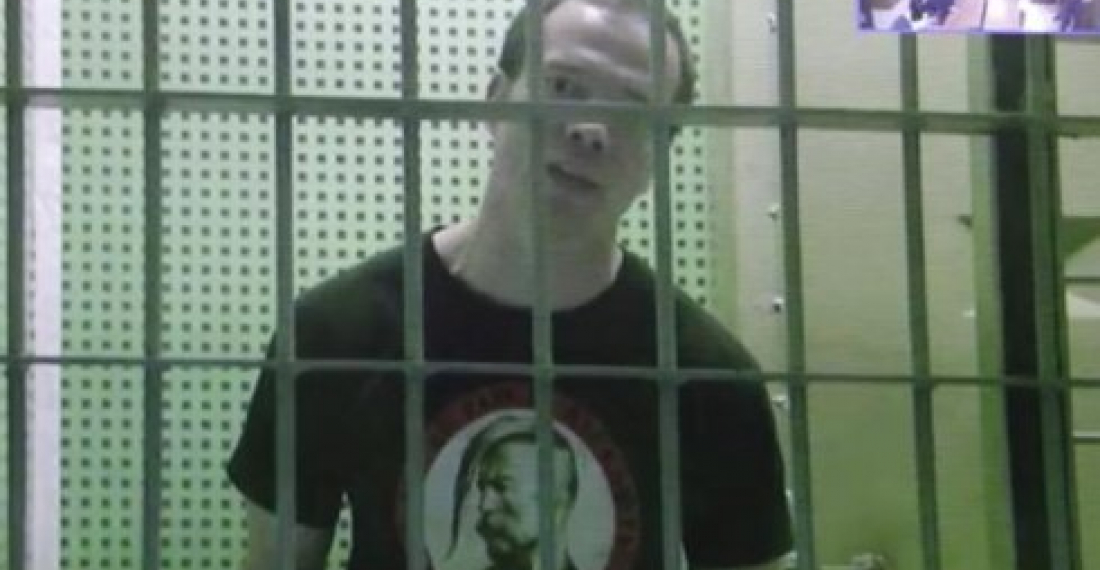Whilst Russians seem to be more ready than most to close their eyes at abuses by their government officials, it seems that everything has its limits.
The newspaper Moscow Times is reporting that a harrowing account by a Russian political prisoner of mass beatings and torture at the hands of prison guards is sending shockwaves through the country's human rights community.
In a letter published on Tuesday reportedly written by Ildar Dadin to his wife, he described his incarceration at IK-7 prison in the northwestern town of Segyezha as "hell."
In December 2015, Dadin became the first person to be convicted under a new Russian law criminalizing "repeated violations of protest laws." He was sentenced to 2.5 years in prison.
Moscow Times says that in the letter, Dadin said prison guards planted two blades on him when he first arrived at the prison in September, in order to "find" them during a search and then lock him up in solitary confinement.
A day later, he claims, he received multiple visits from the prison director and more than a dozen guards. "They beat me four times that day, with 10 to 12 people kicking me at a time," Dadin wrote in the letter, which was first published by the Meduza news website. "After the third beating, they pushed my head into the toilet in my cell."
The torture continued the next day, he says, with guards handcuffing his hands behind his back and hanging him up for half an hour. "Then they took off my underwear and said they would bring in another prisoner, who would rape me, if I didn't agree to end my hunger strike."
Dadin dictated the letter to his lawyer during a visit on Monday, who then gave it to Dadin's wife, Anastasia Zotova, she told The Moscow Times.
In the letter, Dadin said he has been too scared to put pen to paper himself. There is an "informational blockade" in the prison, he told his lawyer, and top prison staff have threatened to kill him, if he dared to complain in writing.
The prisoner asked his wife to spread the news as widely as possible to attract attention to his predicament. "If they subject me to torture, beatings, and rape again, I'll hardly last another week," he said.
Dadin's wife told The Moscow Times that she has not been allowed to contact or see her husband since Aug. 22. "I'm in complete shock," she said during a phone conversation. "I really fear for his life. If something happens to him, I won't survive it."
The human rights organization Amnesty International has declared Dadin to be a political prisoner, describing his incarceration as "a shocking and cynical attack on freedom of expression."
source: commonspace.eu with Moscow Times
photo: Ildar Dadin






